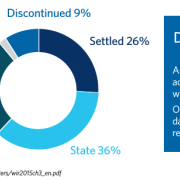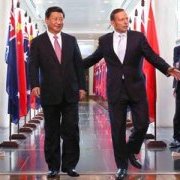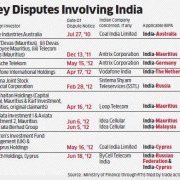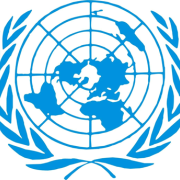29-Jun-2015
International Institute for Sustainable Development
Despite the oft-heard refrain that “states ‘win’ ISDS disputes more often than they lose,” it is the investors that have actually won most of the time: 72 per cent of the decisions on jurisdiction, and 60 per cent of cases decided on the merits.
23-Jun-2015
Economic Voice
TUC General Secretary, Frances O’Grady, will call time on ‘zombie trade deals’, when she addresses the European Commission Trade Policy Day in Brussels today (Tuesday).
19-Jun-2015
Canberra Times
Remarkably, the Australian government has given Chinese companies a general right to buy resources and other assets in Australia – so-called market access – without getting the same right for Australian companies in China.
9-Jun-2015
Economic Times
India is caught in a pincer at this moment in time as it is faced with the twin need of FDIs to propel and sustain growth and also the need to fi rewall its sovereign rights to formulate policies without extraneous pressures from its trade partners and the corporate world.
3-Jun-2015
Ars Technica UK
The German federal government has admitted that an EU country’s arts policies could lead to it being sued by foreign corporations before investor tribunals under trade agreements being negotiated with Canada and the US.





















